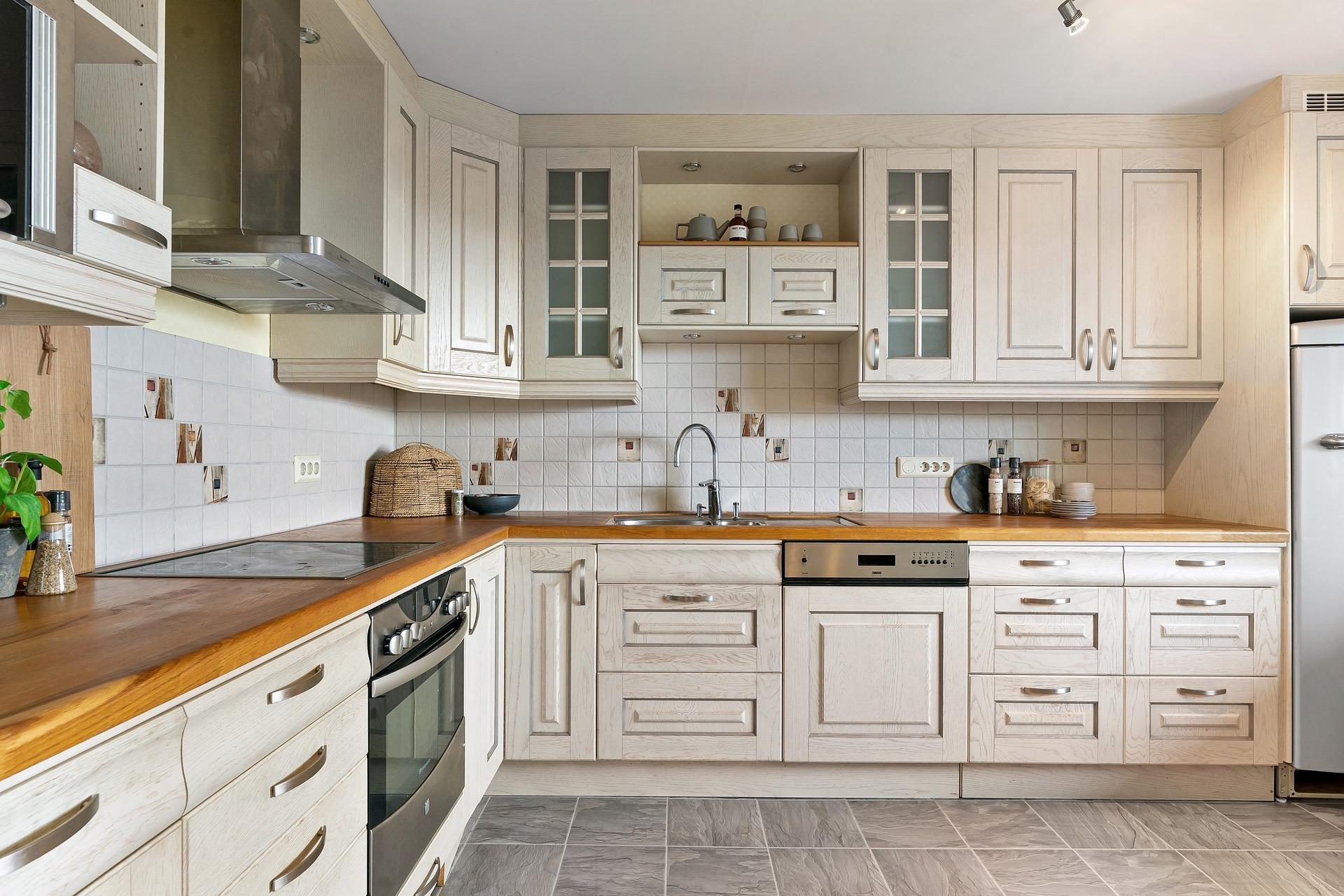Why Choose Non-Smart Appliances for Your Home



Why Choose Non-Smart Appliances for Your Home
In an era of increasing connectivity, the appeal of traditional, non-smart appliances remains strong. This analysis explores the benefits of choosing non-smart alternatives for your home, highlighting their advantages over their "smarter" counterparts.
Simplified User Experience
Non-smart appliances offer a straightforward, no-frills approach to household tasks. Unlike their smart counterparts, which often require complex setup procedures and app installations, traditional appliances are ready to use right out of the box. This simplicity is exemplified by Jimmy Hawkins, a home-automation enthusiast, who questioned the practicality of using a smartphone app to open a microwave door when standing right in front of it1.
Enhanced Privacy and Security
One of the most significant advantages of non-smart appliances is the preservation of privacy. Smart appliances often collect data continuously, potentially compromising user privacy2. By opting for traditional appliances, homeowners can avoid the risks associated with constant data collection and potential security breaches.
Greater Reliability and Longevity
Non-smart appliances are renowned for their durability and longevity. Without complex electronic components and software dependencies, these appliances tend to have longer lifespans. This durability is evident in the experiences of Miele customers:
- Jane Wilson used her Miele washing machine for almost 40 years, praising its consistent performance3.
- Juliette Brawn's Miele dishwasher served her family for 24 years3.
- Chris Hubbard's parents' Miele dishwasher functioned flawlessly for an impressive 42 years3.
Cost Savings
Traditional appliances often come with a lower initial price tag compared to their smart counterparts. Additionally, they don't require ongoing subscriptions or potential software updates, further reducing long-term costs. The energy efficiency of modern non-smart appliances can also lead to savings on utility bills without the need for complex smart features4.
Real-World Testimonials
The preference for non-smart appliances is not limited to individual consumers. Interior designer Vince Winteregg noted that he hasn't found a single client excited about Wi-Fi connectivity for appliances1. This sentiment reflects a broader trend of consumers valuing simplicity and reliability over high-tech features that may not add significant value to daily life.
Conclusion
While smart appliances offer certain conveniences, traditional non-smart appliances continue to provide significant benefits in terms of simplicity, privacy, reliability, and cost-effectiveness. As the testimonials and expert opinions suggest, many consumers find that the straightforward functionality of non-smart appliances aligns better with their needs and values. When considering new appliances for your home, it's worth weighing these factors to determine whether the "smart" features truly enhance your quality of life or if a reliable, traditional appliance might be the smarter choice.
Citations:
Footnotes
-
https://kanebridgenews.com/why-do-smart-appliances-continue-to-be-so-dumb/ ↩ ↩2
-
https://www.consumerreports.org/electronics/privacy/smart-appliances-and-privacy-a1186358482/ ↩
-
https://www.mieleexperience.co.nz/miele-customer-testimonials/ ↩ ↩2 ↩3
-
https://pacifica.co.uk/help-advice/smart-vs-traditional-appliances ↩